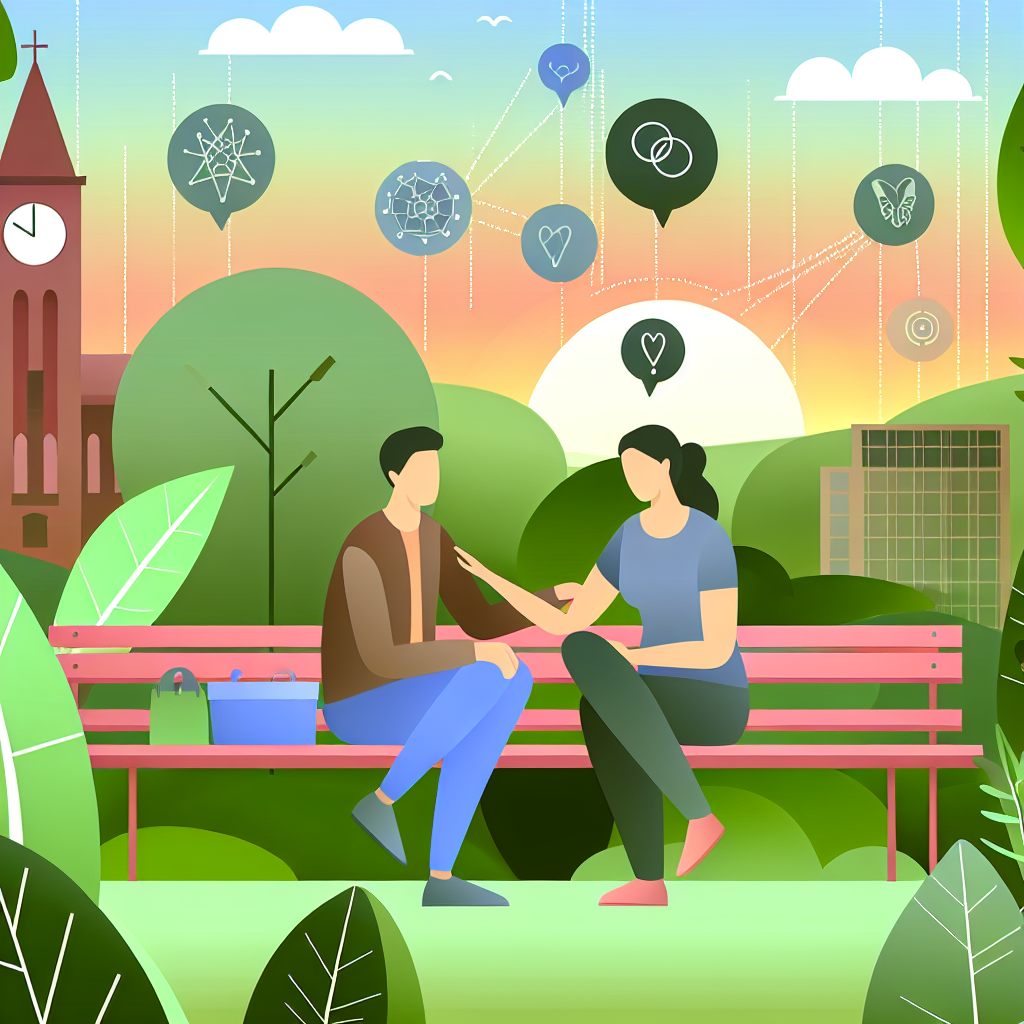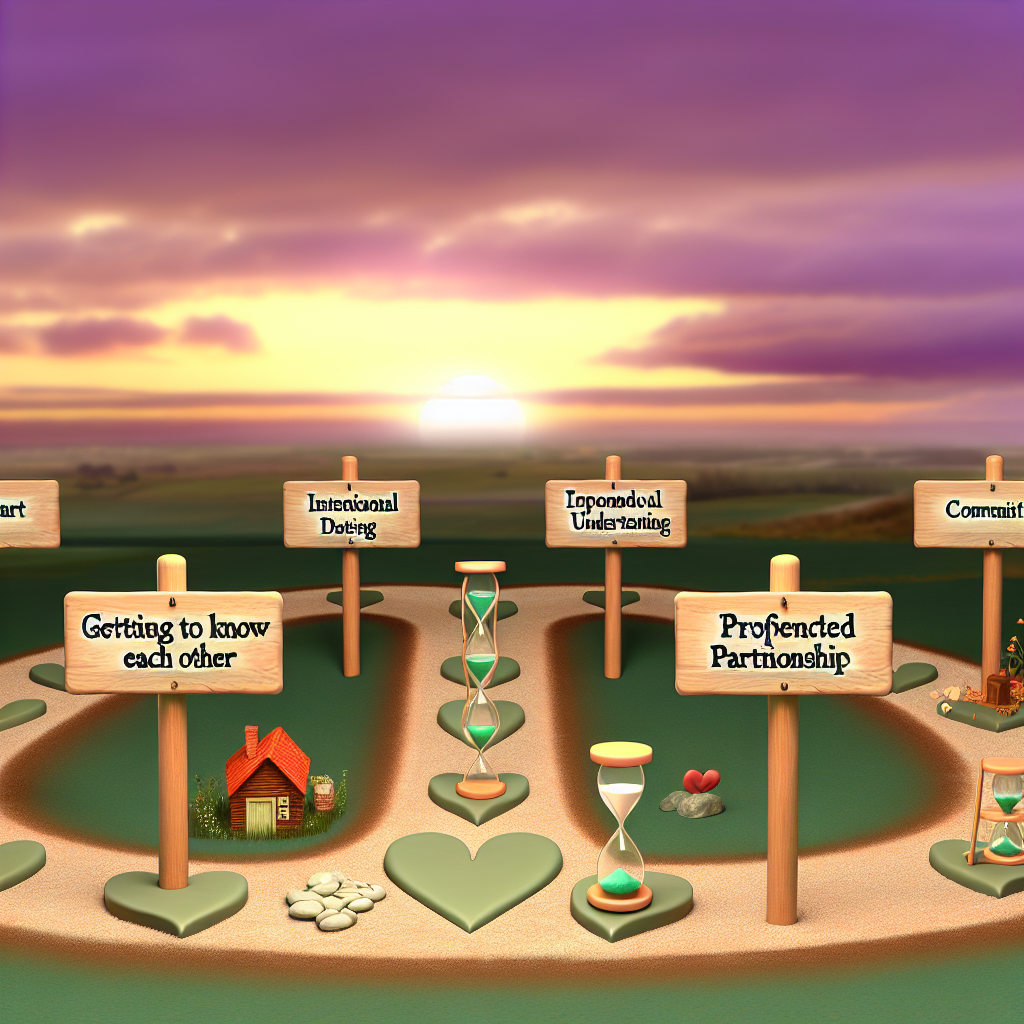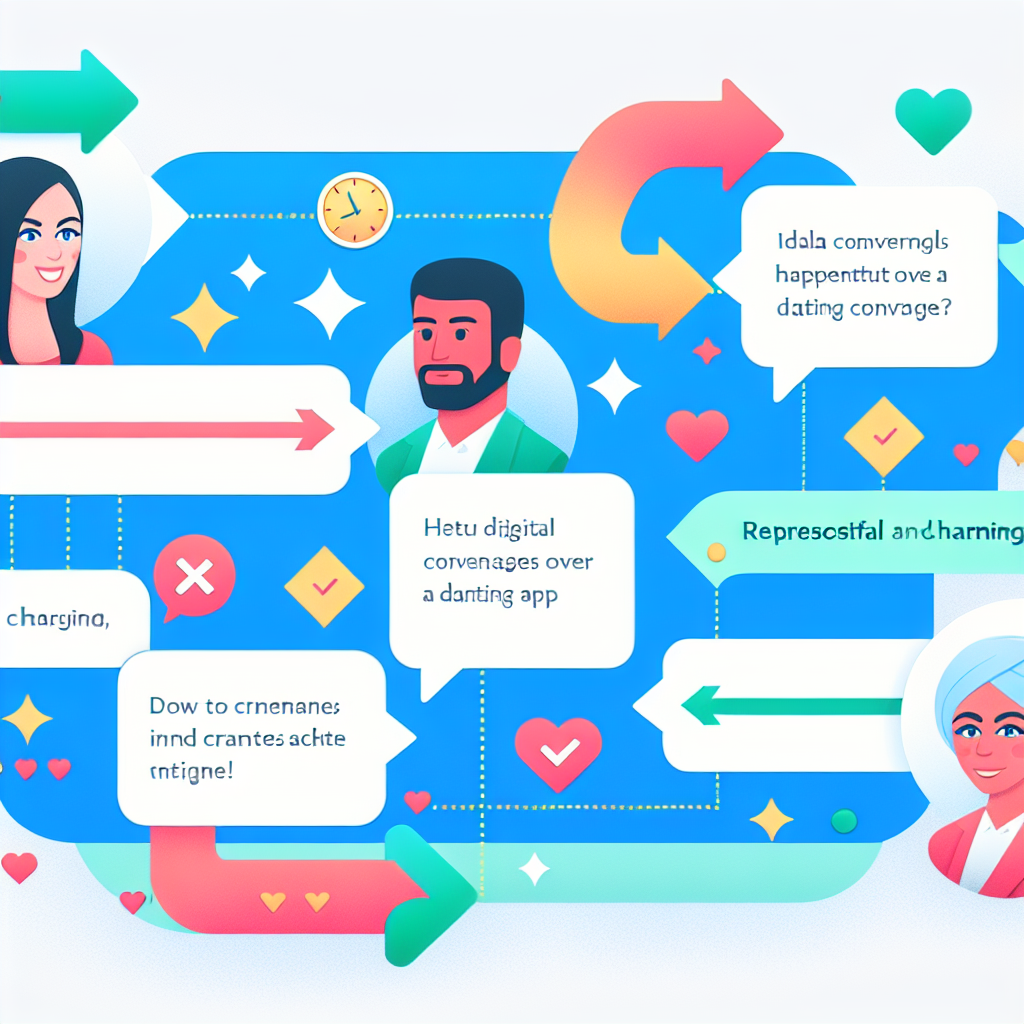Dating With Chronic Illness: Disclosure Timing and Relationship Building Strategies
Dating is often perceived as a journey filled with connections, excitement, and vulnerability. For singles, whether in their 20s or their 80s, the desire for companionship, understanding, and love is a universal human pursuit. But for individuals living with chronic illness, dating can come with an added layer of complexity. Conditions like diabetes, lupus, fibromyalgia, multiple sclerosis, Crohn’s disease, and even long COVID can present unique emotional and physical challenges during the dating process—especially when it comes to when and how to disclose the illness.
Understanding How Chronic Illness Impacts Romantic Relationships
The field of psychology and chronic illness has long acknowledged the significant impact of health conditions on intimate relationships. Research from the National Institute of Health (NIH) highlights that chronic illnesses can influence everything from libido and self-esteem to communication and long-term relationship satisfaction. One study published in the Journal of Health Psychology found that couples who openly communicate about the illness tend to fare better in long-term emotional resilience and relationship satisfaction.
According to experts at the Cleveland Clinic, the timing of disclosure should consider the individual’s comfort level and the emotional readiness of the relationship. There’s no universally “right” time to disclose, but waiting too long can cause trust issues. Dr. Jacqueline Olds, a psychiatrist who focuses on relationships and mental health at Massachusetts General Hospital, encourages patients to treat the disclosure similarly to sharing any other important personal information. It should come organically—perhaps after the second or third date—once a foundation of interest and mutual respect has been established.
Therapeutic Tools for Building Confidence While Dating
From a behavioral health standpoint, individuals living with chronic illness are often advised to participate in cognitive-behavioral therapy (CBT) to help them cope with the stresses of dating and intimacy. CBT studies have shown an improvement in communication patterns, reduced anxiety about rejection, and increased confidence in romantic settings. These tools are particularly helpful for those dealing with the unpredictability of symptoms or a fear of being misunderstood.
Moreover, a report from the American Psychological Association (APA) emphasizes the value of social support in managing chronic illness. Those who are upfront and authentic in their dating experiences, and who cultivate empathetic and understanding partners, often have better health outcomes. Emotional support has been linked to better immune function, lower stress responses, and improved treatment adherence.
Empowering Honesty Through Dating Technology
Technology has also been pivotal. Apps like Hinge have introduced features that allow users to highlight personal health facts if they choose, reducing stigma and encouraging openness. Dedicated platforms such as ChronicallyDate.com are also helping people with long-term health conditions build romantic connections in spaces designed specifically for empathy and understanding.
By creating a safe space for disclosure and mutual respect, these tech-supported environments empower individuals to feel authentic instead of apologetic. They’re not just seeking love—they’re seeking connection built on honesty.
Final Thoughts: Love That Reflects Strength and Vulnerability
Dating with a chronic illness doesn’t mean compromising on love, happiness, or meaningful connection. With thoughtful timing, clear communication, and mutual empathy, anyone—regardless of health challenges—can build fulfilling romantic relationships. By embracing honesty and seeking understanding, singles of any age can find love that supports their well-being and respects their journey.
Concise Summary:
Dating with a chronic illness can present unique challenges, but with the right strategies and support, individuals can find fulfilling romantic relationships. This article explores the impact of chronic conditions on dating, the importance of disclosure timing, and the tools and technologies that can empower open communication and understanding between partners.

Dominic E. is a passionate filmmaker navigating the exciting intersection of art and science. By day, he delves into the complexities of the human body as a full-time medical writer, meticulously translating intricate medical concepts into accessible and engaging narratives. By night, he explores the boundless realm of cinematic storytelling, crafting narratives that evoke emotion and challenge perspectives. Film Student and Full-time Medical Writer for ContentVendor.com




